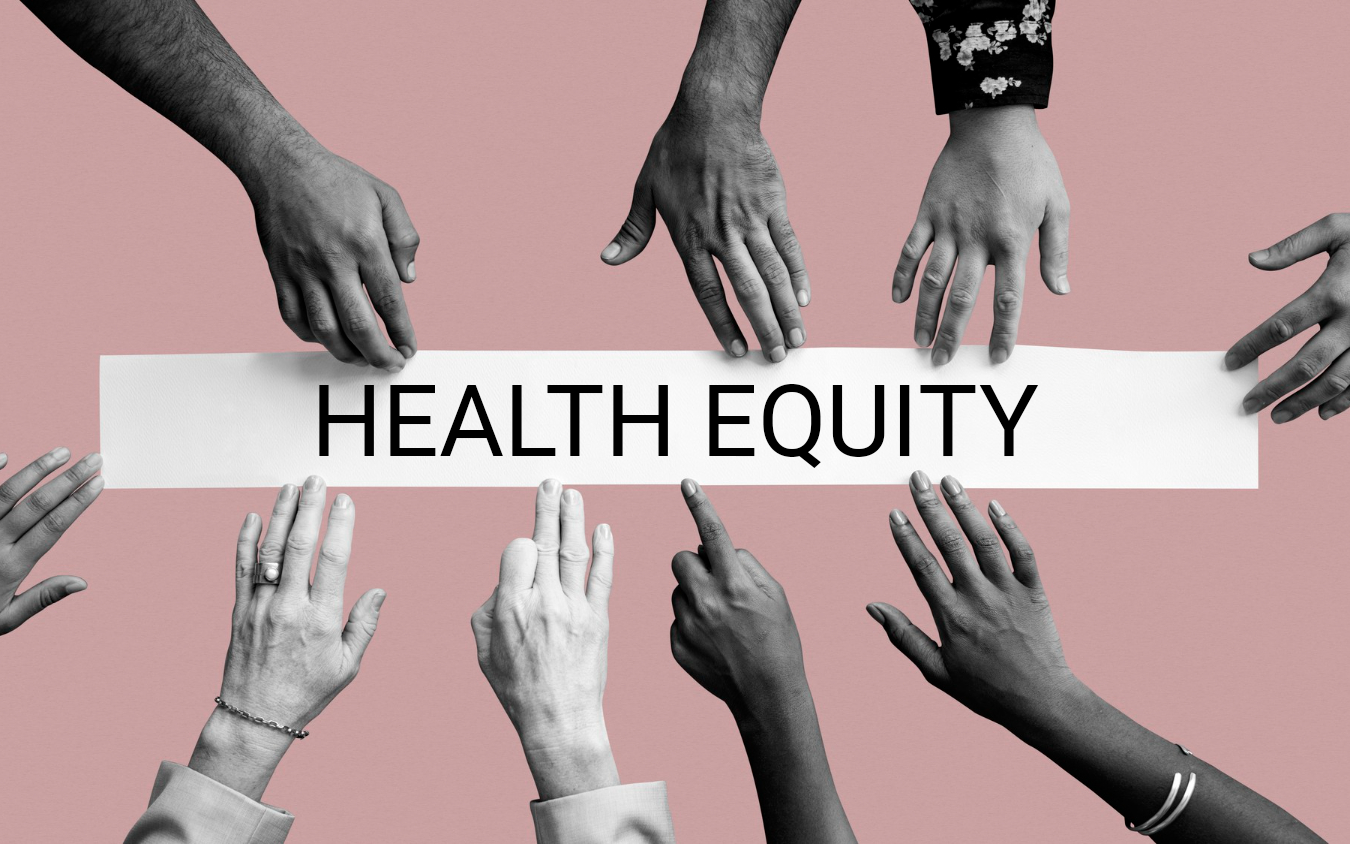The Consolidated Health Economic Evaluation Reporting Standards (CHEERS) 2022 has been updated to reflect recent developments in economic evaluation methods. The revised report highlights four new standards, including the need to assess how impacts are distributed across different subgroups and priority populations (e.g., individuals of lower socioeconomic status).
With growing recognition about how existing approaches to economic analyses may perpetuate or even exacerbate existing health inequities (e.g., by using mean or median estimates as model inputs), the 2022 version puts into place a framework for modelers to include the assessment of the distributional effects of health interventions from the outset of model development.
Health equity is a common thread across all of IVI’s research projects. All our ongoing research initiatives include the assessment on health inequity as an explicit research objective and engage with individuals and organizations that represent or serve a diverse range of communities. For example, in our third open-source modeling endeavor, guided by a 20-member multi-stakeholder advisory group, in the disease state of major depressive disorder (MDD), our health economic model will feature a microsimulation approach, which will allow us to incorporate subgroup-specific inputs, rather than the “average” estimates. In 2021, IVI held a three-part webinar series, Toward Equity in Value Assessment, to explore methods, such as Distributive Cost-Effectiveness Analysis (DCEA) that can help reduce, rather than perpetuate, health inequities. In our recent poster session at ISPOR EU, IVI explored specific strategies and principles to use in healthcare research based on review of guidance documents and our ongoing research.
To address equity consideration through value assessments, our community still has a long way to go, particularly in ensuring data collection includes a representative population and developing and improving emerging methods. We are hopeful that updated CHEERS standards will encourage more efforts in this area.
Author: Richard Xie, PhD, Director of Research, IVI




